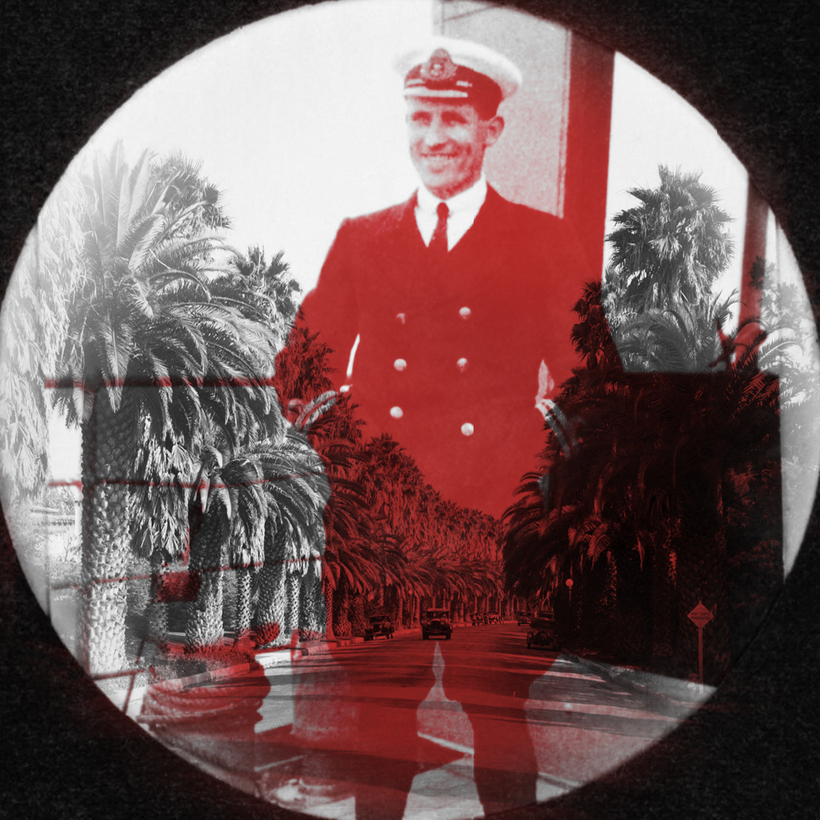All spy stories are fundamentally tales of betrayal, but even in that amoral world, a particularly disreputable niche is reserved for the double agent. This is the operative who, as a British aristocrat once put it in a condemning speech to Parliament, is both “hunting with the hounds and running with the fox.” That is, his loyalties are all over the place, sheer anarchy.
Ronald Drabkin’s Beverly Hills Spy is a fascinating true tale of just such an intelligence agent who, while living amid the movie-star glitter and comforting sunshine of Hollywood during the years inexorably counting down to the surprise attack on Pearl Harbor, was dutifully working for the Japanese intelligence service as well as any other espionage agency that would have him—and pay him, often lavishly.


